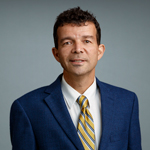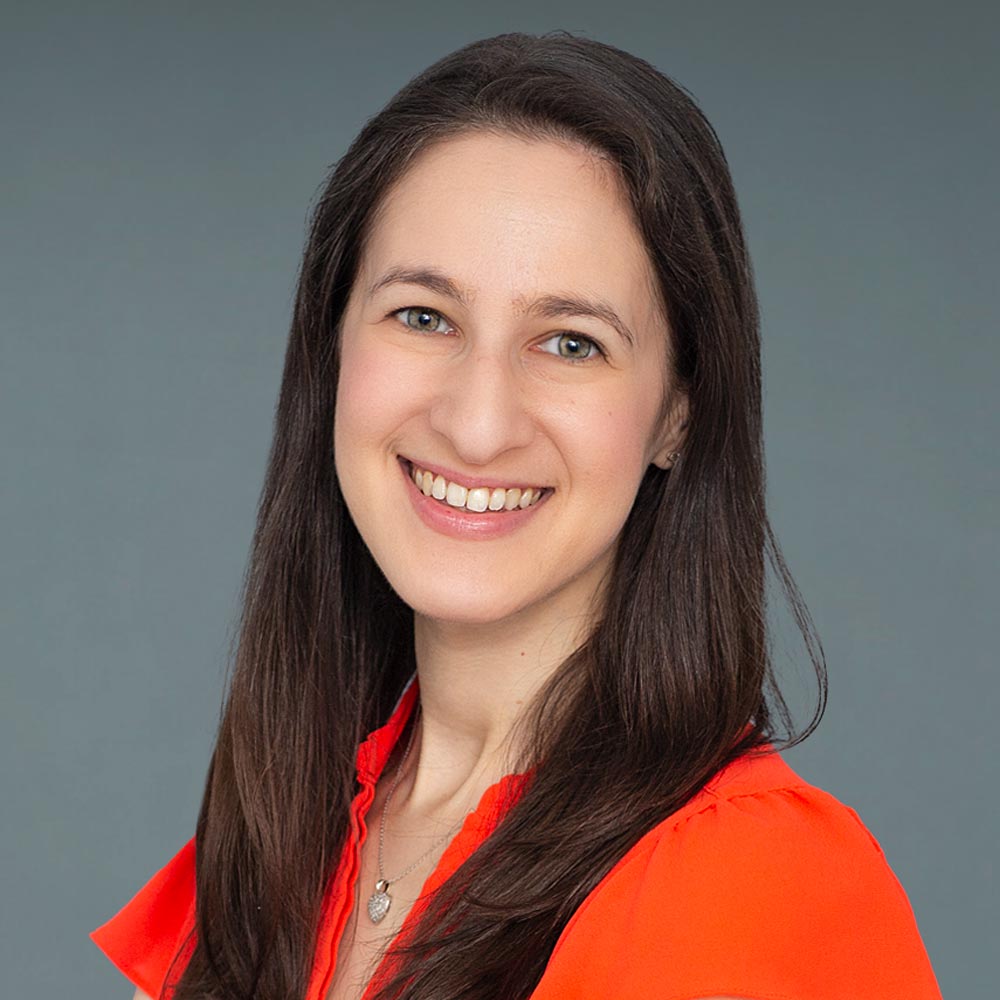
Infectious Diseases & Immunology Fellowship
Thank you for your interest in the Infectious Diseases and Immunology Fellowship at NYU Grossman School of Medicine. Our school of medicine has a long and distinguished history of excellence in clinical care, research, and teaching. The unique strengths of our fellowship lie in the depth and breadth of our clinical experience across diverse training facilities, research opportunities and mentorship, a strong commitment to education, and fellow participation in quality improvement projects through innovative infection prevention programs.
We accept four fellows per year. We are a two-year Accreditation Council for Graduate Medical Education (ACGME)–certified program with an optional third year of formal research training for interested fellows. Our program is continuously evolving, and we are committed to tailoring our curriculum to your career goals, whether you want to become a physician–scientist, clinician–educator, or leader in infectious disease prevention and public health policy at local, state, or national agencies. View highlights of the Infectious Diseases and Immunology Fellowship.
Our goal is to train future infectious disease physicians to provide outstanding care and to be luminaries in the research and prevention of infectious diseases. We look forward to partnering with you on this journey.
Our Leadership

Scott A. Weisenberg, MD
Fellowship Program Director

Emily N. Hoffman, MD
Fellowship Program Associate Director
Fellowship Clinical and Research Training
As a fellow, you participate in formal didactics, mentored research, and comprehensive clinical training at varied locations. Fellows also participate in a continuity clinic focusing on outpatient management of a variety of infectious diseases, including care of patients who have HIV.
The American Board of Internal Medicine requirements for board eligibility in infectious diseases are all met within the two years of training. All fellows take part in mentored research, though depending on individual interests, fellows may choose from a variety of academic pursuits, including bench and clinical science.
Throughout your first year, you are given dedicated time to build mentorship teams, and plan and begin research. During the application process to the fellowship program, we encourage prospective applicants to contact our program director Scott A. Weisenberg, MD, for advice on identifying a potential mentor who aligns with your interests. You can select a mentor from among faculty in the Division of Infectious Diseases and Immunology, the Department of Microbiology, or the Department of Population Health.
Fellowship Tracks
Two fellowship tracks are available—the clinician–educator track and the investigator track. At the end of the first fellowship year, fellows choose a track for their second year. Both tracks confer board eligibility for infectious diseases and follow formats outlined by the Infectious Diseases Society of America and the American Board of Internal Medicine.
Clinician–Educator Track
The clinician–educator track is ideal for trainees who are interested in the clinical care of people who have infectious diseases. This track is also ideal for those looking to pursue careers in medical education, quality improvement and patient safety, or infection prevention and control.
During their second year, fellows in the clinician–educator track can enrich their clinical training by pursuing additional clinical electives. Examples include the pulmonary tuberculosis clinic, Hansen’s disease clinic, HIV pre-exposure prophylaxis (PrEP) clinic, bone and joint infections clinic, and pediatric infectious diseases clinic.
Examples of areas where fellows may gain additional training and pursue academic projects include transplant infectious diseases, hospital epidemiology, infection prevention and control, antimicrobial stewardship, patient safety and quality improvement, HIV and PrEP, viral hepatitis, and medical education.
Fellows identify a mentorship team during their first year and complete a research project within their area of interest over the course of the fellowship.
Clinician–educator track fellows with a particular interest in transplant infectious diseases may choose to pursue our concentration in this area. This program, available to two fellows per year, allows additional clinical exposure to transplant infectious diseases. Fellows pursue three additional months of training in transplant infectious diseases, and participate in the transplant infectious diseases outpatient clinic. Fellows in this concentration also engage in mentored research with one of our transplant infectious diseases faculty members.
Investigator Track
The investigator track is designed for trainees who have a background in basic or clinical research and whose career interests involve leading extramurally funded research programs in infectious diseases.
Fellows who are interested in basic science research are trained in laboratory and translational research, providing a path toward careers as independent investigators. Fellows who wish to pursue clinical investigation focus on training in epidemiology, outcomes research, field studies, clinical trials, or other patient-based research to build careers as independent clinical investigators.
Investigator track fellows are encouraged to pursue a third year of training as an advanced research fellow within the division. For the third year of training, investigator track fellows have the option of pursuing mentor-based or other intra- or extramural support to extend research training.
Transplant Infectious Disease Concentration
The transplant infectious disease concentration is designed for trainees with special interest in solid organ and hematopoietic stem cell transplant infectious diseases. This concentration is available to two fellows per year and allows additional clinical exposure and research opportunities in this field.
Fellows in this concentration pursue four additional months of training in transplant infectious diseases and participate in the transplant infectious diseases outpatient clinic. Fellows also engage in mentored research with one of our transplant infectious diseases faculty members.
Additional Teaching Opportunities
Teaching is an important part of fellowship training and essential for cultivating successful academic infectious diseases specialists. Fellows have the opportunity to teach medical students in a number of areas, including the core microbial pathogenesis pillar curriculum, the global health selective, and host defense seminars. Fellows may also lead didactic sessions for residents.